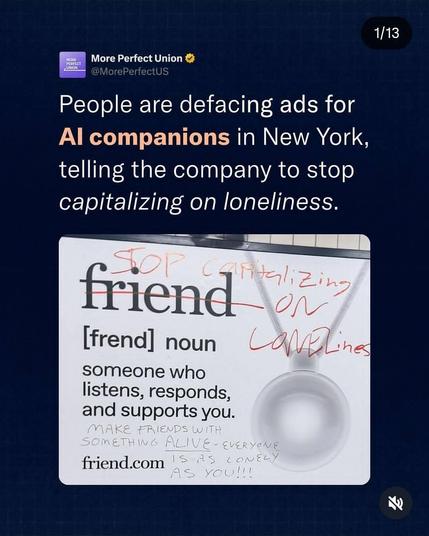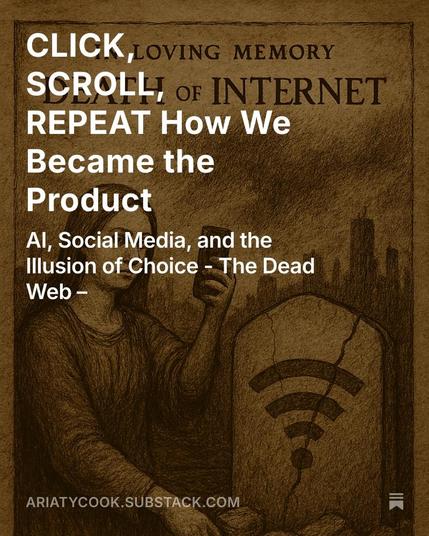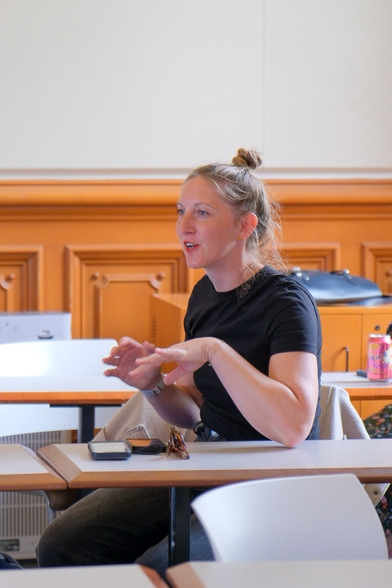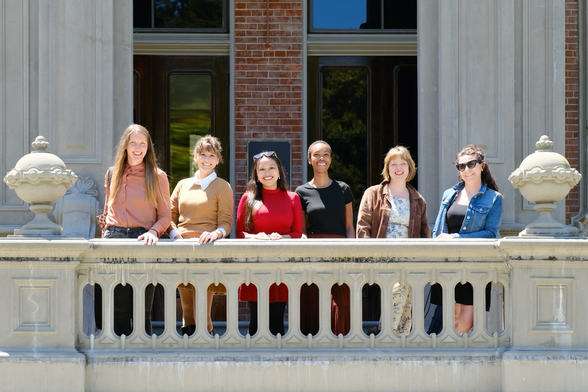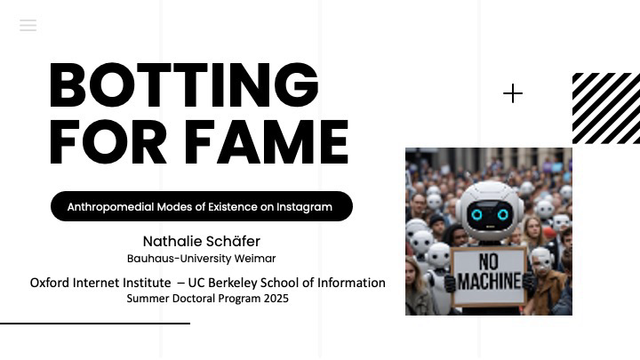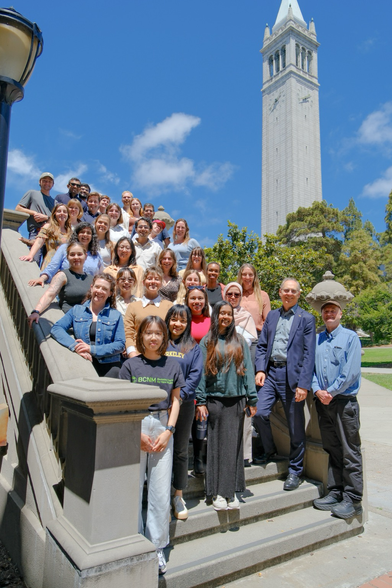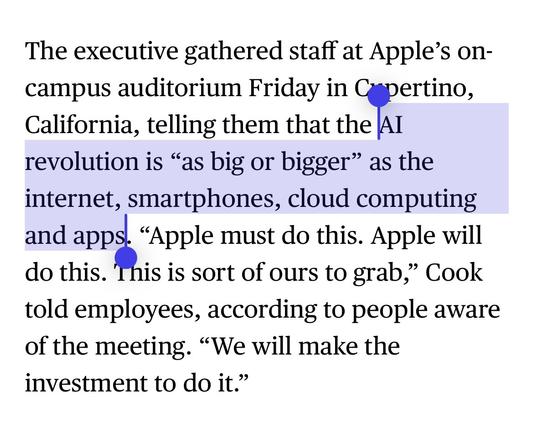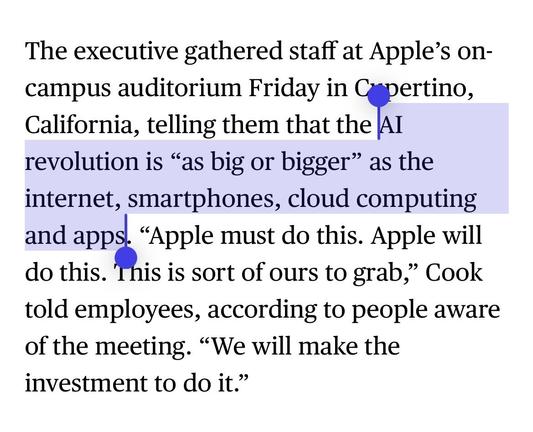Stoicism in the Age of Surveillance
Opening Insight
Fraud is a real threat. It costs governments billions, banks trillions, and citizens the security of their savings and identities. Each year, new scams emerge faster than regulators can write rules. Phishing, synthetic identities, deepfake voice calls. The methods multiply, and the losses mount. To counter this, institutions build stronger firewalls, stricter compliance checks, and ever-expanding webs of monitoring.
The justification is simple: we must protect the system. Yet each step forward in protection also tightens the circle around individual freedom. Every fraud-prevention protocol doubles as a surveillance mechanism. Biometric scanners at borders promise efficiency but normalize constant identification. Algorithms that track transactions to catch money launderers also record the intimate details of our lives.
Here lies the paradox. We want safety, but safety purchased at the cost of autonomy risks hollowing out the very dignity it is meant to protect. The surveillance that promises order may deliver conformity instead. And once conformity takes root, liberty is the first casualty.
This is not only a political question. It is also a philosophical one. What do we control in such a world? What must we endure, and what must we resist? In these questions, the ancient wisdom of Stoicism meets the modern dilemmas of surveillance society.
The Reality of Surveillance
We live in a world where fraud prevention has become the dominant justification for intrusive oversight. Banks are legally required to monitor transactions, flagging anything that looks unusual. Governments compel companies to store vast amounts of data under the banner of anti-money laundering laws. Social platforms scrape, analyze, and categorize human behavior to identify bad actors, and along the way, map our private lives in detail.
The scope of this monitoring expands quietly. Each new scandal, each fresh fraud, provides another reason to widen the net. A data breach here, a terrorist plot there, and suddenly a new law emerges requiring deeper access to personal information. It is rarely rolled back. What begins as targeted protection turns into default surveillance.
This is what scholars call surveillance creep. Small, justifiable measures gradually expand into permanent structures. ID checks at airports became biometric scans. Credit card fraud detection evolved into behavioral profiling. Fraud prevention in welfare programs led to predictive policing. Each step seems rational in isolation. Together, they create a system that treats every citizen as a suspect.
From a Stoic perspective, this is precisely the kind of external condition the individual cannot fully control. The structure of laws, the expansion of databases, the behavior of corporations, these belong to the domain of others. But to acknowledge this does not mean to surrender. It only means to see clearly what belongs to you, and what belongs to the system.
Stoicism as an Answer
The Stoics lived under empires, monarchies, and powers that dwarfed their personal agency. Marcus Aurelius, a philosopher-king, knew the tension of wielding authority while being trapped within the structures of history. Epictetus, born a slave, embodied the opposite perspective: stripped of freedom in every external sense, yet fiercely free in mind and soul.
Their philosophy was never about denial. It was about drawing boundaries between what is within your control, your choices, your values, your actions, and what lies beyond it. Stoicism insists that liberty is not primarily a political condition, but a moral one. A tyrant can chain the body but not the soul. A surveillance system can monitor your transactions, but it cannot dictate your principles.
This is where Stoicism speaks directly to our age. The cameras, algorithms, and compliance checks will not disappear tomorrow. Citizens cannot individually dismantle the systems of oversight. But they can refuse to internalize them as natural, inevitable, or justified. They can live without fear, without surrendering dignity, and without allowing the external to corrupt the internal.
To be Stoic today is to recognize that surveillance is real, and yet not absolute. It governs the external but cannot erase the inner life of conscience, character, and responsibility. That space remains sovereign.
Between Endurance and Resistance
Still, Stoicism alone is not enough. If we only accept external control, we risk confusing endurance with passivity. Marcus Aurelius reminded himself not only to endure but to act justly. Cato the Younger lived and died in resistance to tyranny, choosing death rather than surrendering to Caesar’s rule. Stoicism calls us to accept what cannot be changed, but also to resist what must not be normalized.
In our context, this means accepting that some surveillance is inevitable in a digital society, while refusing to accept that surveillance should be unlimited or unaccountable. It means using the tools we do control: voting, advocacy, encryption, decentralized systems, and the daily act of speaking against conformity. Endurance without resistance is resignation. Resistance without endurance is rage. The Stoic balance is to do both wisely.
The Ethical Cost of Conformity
Surveillance does not only strip privacy. It reshapes behavior. When people know they are watched, they act differently. They conform to expected norms, avoid risks, and suppress dissent. Over time, society becomes more obedient, but also less creative, less critical, and less free.
This is the quiet danger. Fraud may destroy wealth, but conformity destroys character. A free society depends not only on safety but on citizens willing to think, speak, and act without fear of punishment. The more surveillance expands, the more individuals hesitate. Self-censorship becomes habit. Habit becomes culture. Culture becomes silence.
A Stoic perspective sees this as the ultimate test. Can we act with integrity when watched? Can we choose freely even when algorithms judge us? Can we resist conformity by holding to values that surveillance cannot measure? These are not abstract questions. They are the daily choices of living under the gaze of modern systems.
A Citizen’s Compass
How then should a citizen live under surveillance? A Stoic compass offers guidance in three directions:
- Endure what cannot be changed. Accept that governments and corporations will continue to expand monitoring systems, but refuse to let this provoke fear or paralysis.
- Resist what must not be normalized. Speak against policies that erode liberty in the name of safety. Use your political agency, support privacy organizations, and practice technological self-defense.
- Guard the inner life. Surveillance can track actions but not virtues. Protect conscience, dignity, and clarity of thought. This inner freedom makes resistance possible.
This compass does not guarantee freedom from surveillance. It guarantees freedom within surveillance, the kind of freedom no law or camera can take away.
Toward a Balanced Future
The future will bring more monitoring, not less. Fraud prevention will demand it. Artificial intelligence will power it. Quantum sensing may accelerate it. We cannot expect to turn back the tide. But we can shape the principles by which surveillance operates.
Here, Stoicism and liberalism must walk together. Stoicism teaches us how to live with dignity in systems we cannot fully control. Liberalism teaches us to design systems that respect dignity even while securing safety. Together, they form the ethical backbone of citizenship in an age of surveillance.
The task ahead is not to abolish oversight, but to demand proportion. To ensure that surveillance serves security without becoming control. To protect against fraud without erasing freedom. To preserve the conditions of human dignity in the very structures that seek to protect society.
Conclusion
Fraud prevention is real. Surveillance is real. Neither will vanish. But the true danger is not the camera on the wall or the algorithm in the server. The true danger is when citizens surrender both their inner freedom and their outer voice.
Stoicism tells us to endure what lies beyond our power. Liberalism tells us to resist what threatens our sovereignty. Together, they call us to action: to endure without despair, and to resist without hatred.
We live in the age of surveillance. But living as free people within it requires both resilience and resistance. Citizens must refuse to accept chains as inevitable, and refuse to believe that their choices do not matter. Surveillance may watch us. It cannot decide for us.
#agency #conformity #DigitalEthics #digitalSociety #ethics #fraudPrevention #liberalism #modernStoicism #personalFreedom #philosophy #Privacy #resilience #securityAndLiberty #stoicism #surveillance

